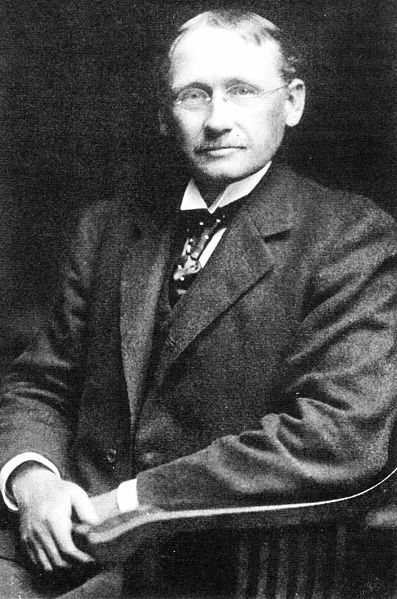Business process re-engineering
Business process re-engineering (BPR) is a business management strategy originally pioneered in the early 1990s, focusing on the analysis and design of workflows and business processes within an organization. BPR aims to help organizations fundamentally rethink how they do their work in order to improve customer service, cut operational costs, and become world-class competitors.
Business Process Re-engineering (BPR/BPRE) in a succinct way
Reengineering guidance and relationship of mission and work processes to information technology
Scientific management is a theory of management that analyzes and synthesizes workflows. Its main objective is improving economic efficiency, especially labor productivity. It was one of the earliest attempts to apply science to the engineering of processes to management. Scientific management is sometimes known as Taylorism after its pioneer, Frederick Winslow Taylor.
Frederick Taylor (1856–1915), leading proponent of scientific management
Photograph of East German machine tool builders in 1953, from the German Federal Archives. The workers are discussing standards specifying how each task should be done and how long it should take.




